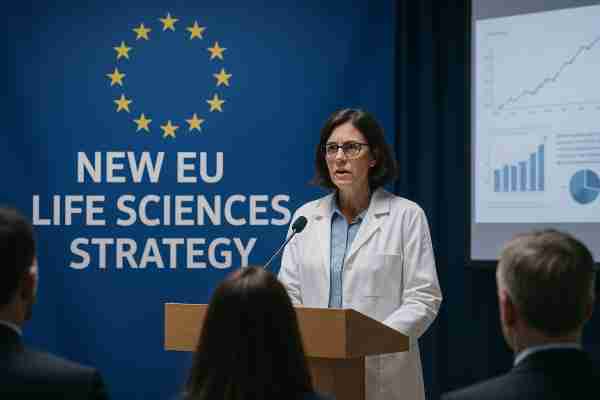On July 8, 2025, the European scientific community found itself at the center of a heated debate. The European Commission officially presented its long-awaited strategy for the development of life sciences. The plan was ambitious and designed to transform European research into a foundation for global innovation. However, the scientific community quickly reacted, and not all responses were positive. The main critics were EU-Life, a coalition of leading biomedical and fundamental research institutes in Europe. They warned that the strategy risks prioritizing applied research over fundamental science. The document highlighted priorities in biomedical development, startups, and commercialization, while basic research—especially non-profitable ones—was barely mentioned. “Fundamental discoveries are the soil from which everything grows,” said Professor Julia Moretti from a Milan institute. “Without this base, we risk losing the source of future breakthroughs.” Scientists caution that over-commercialization without balance could undermine long-term progress. The European Commission responded by claiming the strategy is flexible and values all forms of research. Yet researchers fear that, under tight funding competition, those with quick-return results will get priority. The debate spread across academic forums, social media, and universities. Countries like Germany and the Netherlands have already begun discussing national measures to support basic science. “The EU stands at a crossroads. We either pursue short-term gain or invest in knowledge whose benefits future generations will reap,” summarized an analyst from the Berlin Institute for Advanced Studies. The key question remains: can Europe maintain a balance between fundamental and applied research, or will this strategy trigger a continental scientific shift?
Scientists Against Oblivion: How the EU's New Life Sciences Strategy Sparked a Scientific Storm

Published : 08.07.2025
